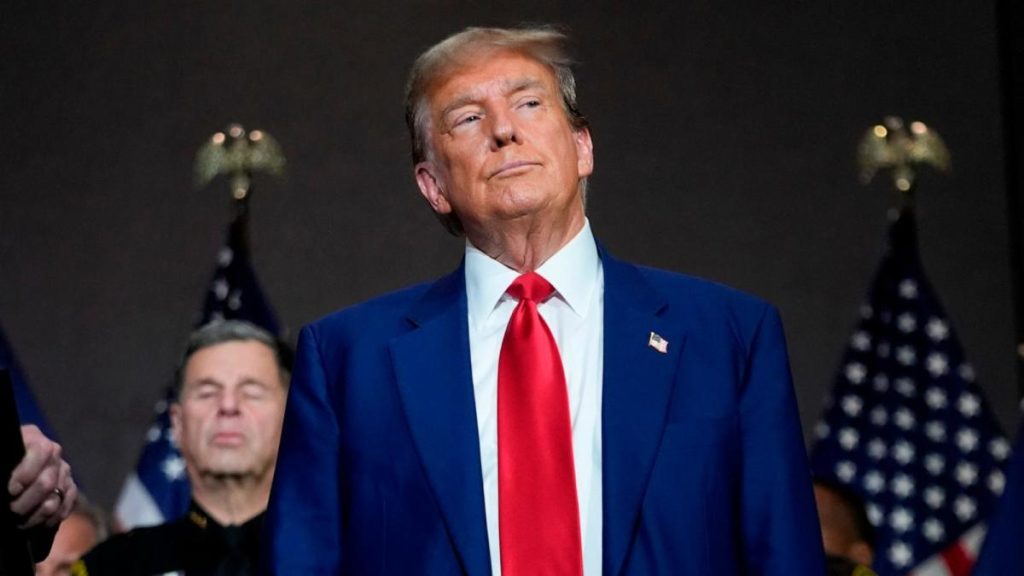A federal judge has denied former President Donald Trump’s attempt to have his classified documents case dismissed based on the Presidential Records Act. Trump’s attorneys argued that he should have custody of the documents even after his presidency ended. The judge also denied Trump’s motions seeking dismissal based on unconstitutional vagueness, presidential immunity, and claims of unlawful appointment of the special counsel. The judge criticized the special counsel’s filing, which urged her to reverse course on proposed jury instructions, calling it “unprecedented and unjust.”
In her order, Judge Cannon clarified that her request for preliminary draft instructions on certain counts should not be interpreted as a final definition on any element or defense in the case. She dismissed Smith’s suggestion that he could seek intervention by the 11th Circuit Court of Appeals to clarify her position, stating that parties are free to avail themselves of appellate options permitted by law. Trump, who pleaded not guilty to 37 criminal counts related to mishandling classified materials, has denied all charges and referred to the probe as a political witch hunt.
Trump’s case involves allegations that he unlawfully retained classified documents containing information on U.S. national security, despite government attempts to retrieve them. The judge’s ruling signifies a setback for Trump’s defense strategy, as he sought to have the case dismissed based on the Presidential Records Act and other grounds of immunity. The judge’s criticism of the special counsel’s filing indicates tensions between the parties over the proceedings. The case has drawn attention due to Trump’s high-profile status and the sensitive nature of the classified information involved.
The judge’s decision to deny Trump’s motion to dismiss the case based on the Presidential Records Act underscores the importance of legal standards in handling classified materials. The ruling clarifies that Trump does not have personal ownership rights over classified documents once his presidency ended. The case has implications for future interpretations of the Presidential Records Act and the handling of sensitive information by former presidents. The judge’s refusal to entertain the idea of Trump claiming personal ownership over the materials sets a precedent in cases involving potential mishandling of classified information by public officials.
Overall, the judge’s order rejecting Trump’s attempt to have the case dismissed based on the Presidential Records Act highlights the legal complexities involved in handling classified documents. The ruling underscores the importance of upholding legal standards in cases involving national security and sensitive information. The ongoing legal battle between Trump and the special counsel adds intrigue to the case, as both parties navigate the intricacies of the justice system. The outcome of the case will have implications for the treatment of classified information by public officials and the extent of presidential immunity in such matters.


